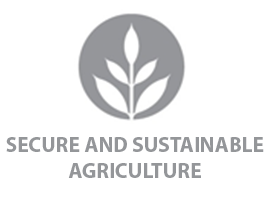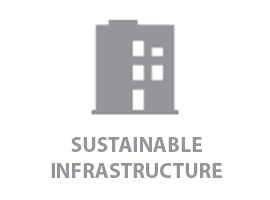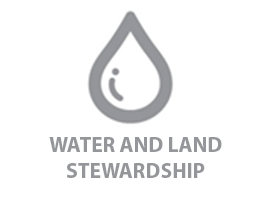Sustainable Low-Carbon Transportation Initiative
Research Menu
 Current
Current
Funded
iSEE Work
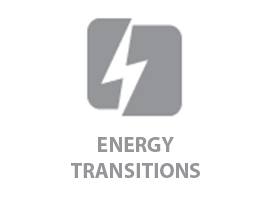 Current
Current
Funded
iSEE Work
Current
Funded
iSEE Work
Current
Funded
iSEE Work
Current
Funded
iSEE Work
Project Overview
![]() This project fits into the Sustainable Infrastructure iSEE research theme and received $300,00 in funding by iSEE — part of a $1 million gift the Institute is designating for sustainability research initiatives.
This project fits into the Sustainable Infrastructure iSEE research theme and received $300,00 in funding by iSEE — part of a $1 million gift the Institute is designating for sustainability research initiatives.
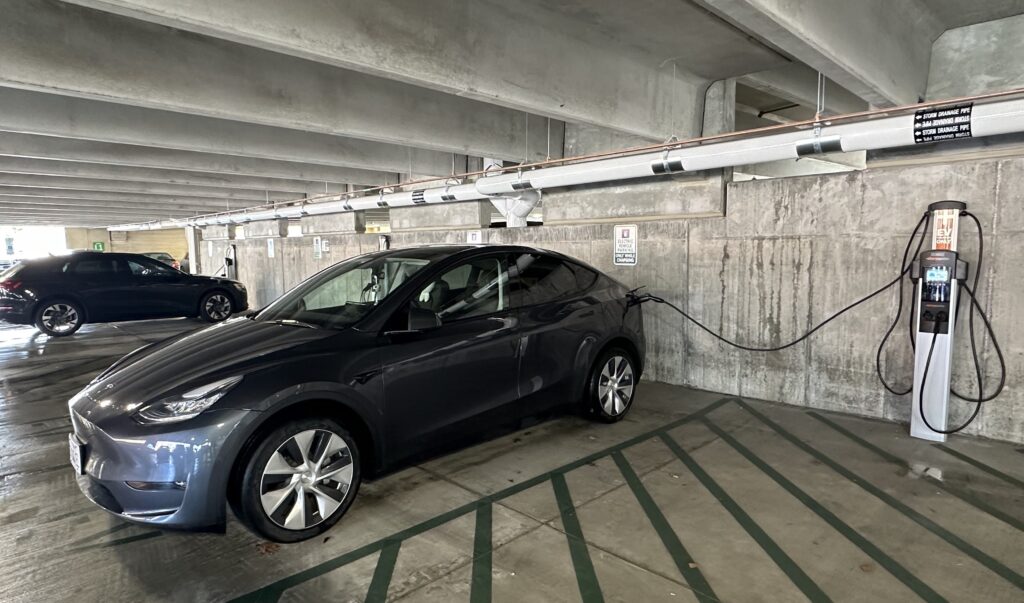 There is a pressing global need to ensure the efficiency, sustainability, and resilience of transportation systems for both urban and rural communities. Transporting people and goods with fossil-fueled vehicles has long been recognized as unsustainable for most communities — but different communities will face different challenges. From electric vehicles to ride-sharing services, our transportation systems continue to evolve, and these new developments demand new research.
There is a pressing global need to ensure the efficiency, sustainability, and resilience of transportation systems for both urban and rural communities. Transporting people and goods with fossil-fueled vehicles has long been recognized as unsustainable for most communities — but different communities will face different challenges. From electric vehicles to ride-sharing services, our transportation systems continue to evolve, and these new developments demand new research.
To this end, interdisciplinary experts at the University of Illinois are working together to investigate fundamental questions of infrastructure design and planning, energy sources, integration of transportation across multiple modes, public policy, and regulation.
The project, titled Sustainable Low-Carbon Alternatives for Meeting Mobility Needs of Urban and Rural Communities, aims to provide a grand vision and detailed engineering guidelines for next-generation decarbonized transportation systems. The vision and guidelines aim at serving the mobility needs of both urban and rural communities, and ensuring coupled clean energy supply systems for agricultural production, industry operations, and residential buildings, over the next 10-20 years.
The team will focus on two initial efforts that will form a solid foundation for future work:
1. Investigating ways of planning for ubiquitous and equitable access to electric vehicle charging in rural areas and small towns, and assessing community-level impacts of such transitions. The proposed effort will prepare pilot programs for low-cost charging access points in a variety of locations and test cases, at scales of hundreds of units.
2. Conducting small-scale experiments on alternative mobility services and pricing strategies for communities (specifically Rantoul and Champaign-Urbana). Team members will investigate how mobility service needs can be fulfilled in low-density rural areas with different options for different prices and wait times.
“This new project will address a range of open questions related to infrastructure design and planning, energy sources, transportation service integration, emission reductions and other environmental impacts, the economic and behavioral incentives to adopt alternative transportation modes, and the design of policies needed to accelerate this transformation,” said Madhu Khanna, iSEE’s Alvin H. Baum Family Chair & Director.
The Team
Principal Investigator and co-PIs
- Yanfeng Ouyang, Illinois Center for Transportation Associate Director for Mobility, Professor of Civil & Environmental Engineering

OUYANG
His departmental page
His ICT page
His research group page - Julie Cidell, Professor and Department Head of Geography & Geographic Information Science
Her departmental page
Her website - Ria Kontou, Assistant Professor of Civil & Environmental Engineering
Her departmental page
Her research group page - Philip Krein, Grainger Endowed Chair Emeritus in Electric Machinery and Electromechanics in Electrical & Computer Engineering
His departmental page - Lewis Lehe, Assistant Professor of Civil & Environmental Engineering
His departmental page
His website - Moses Okumu, Assistant Professor in the School of Social Work
His departmental page
